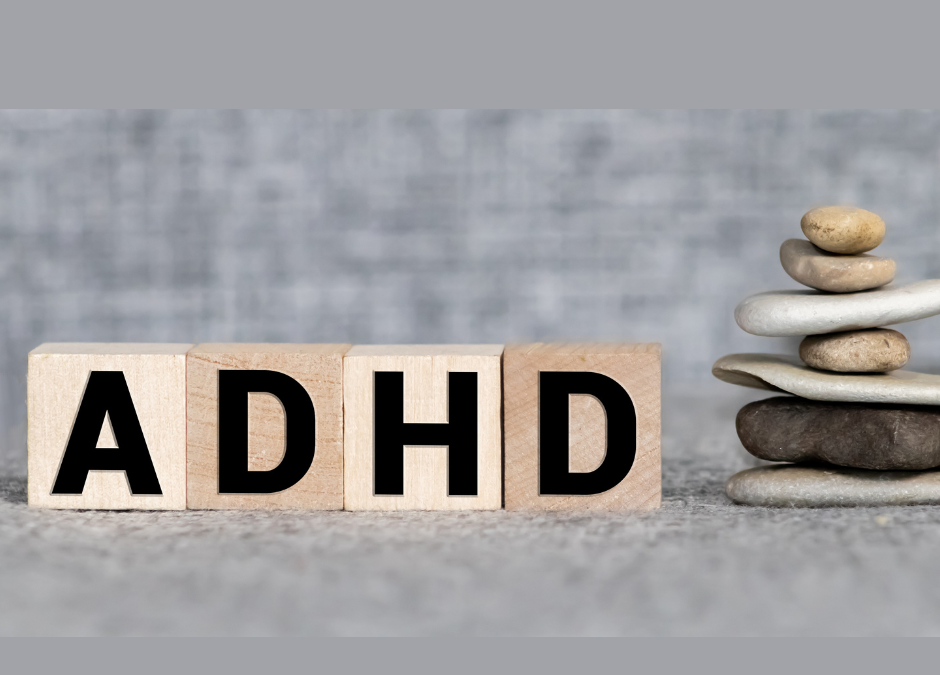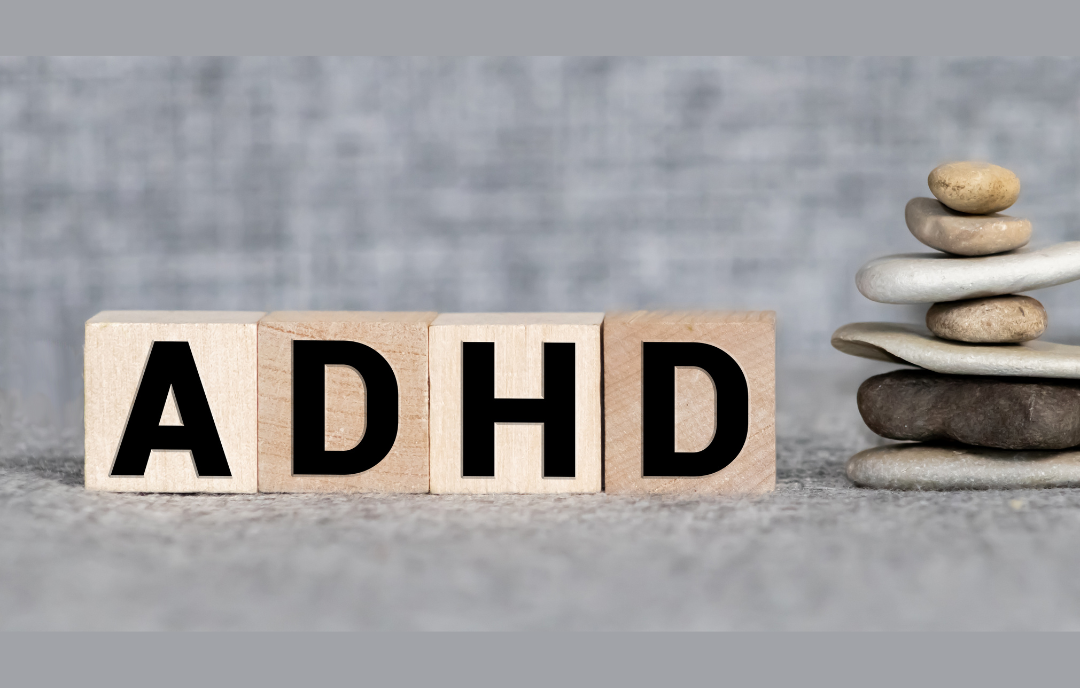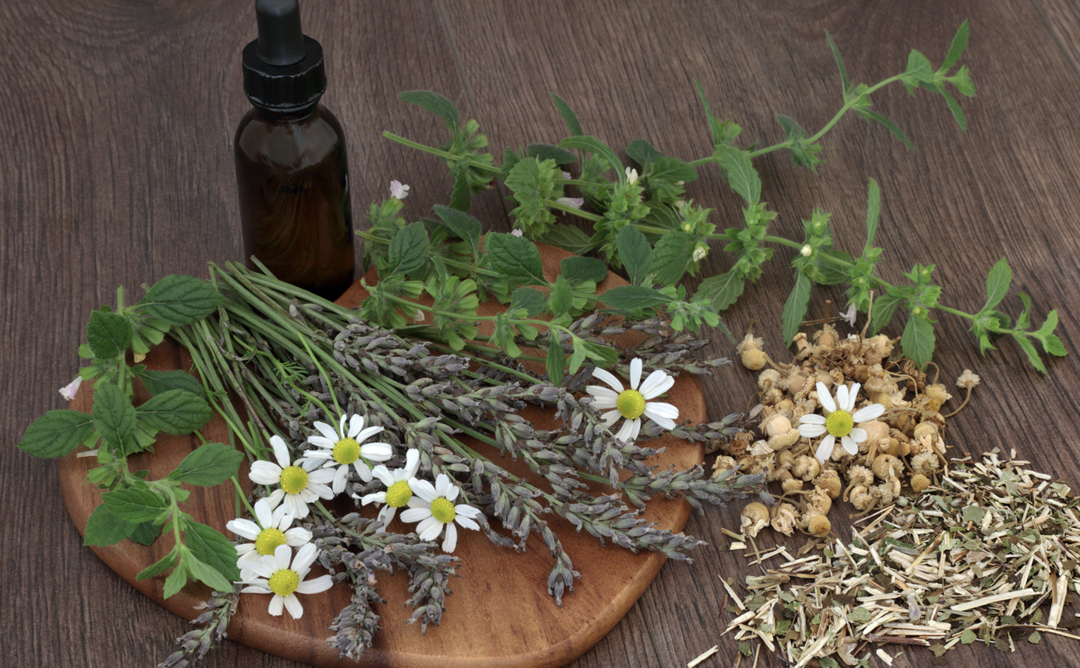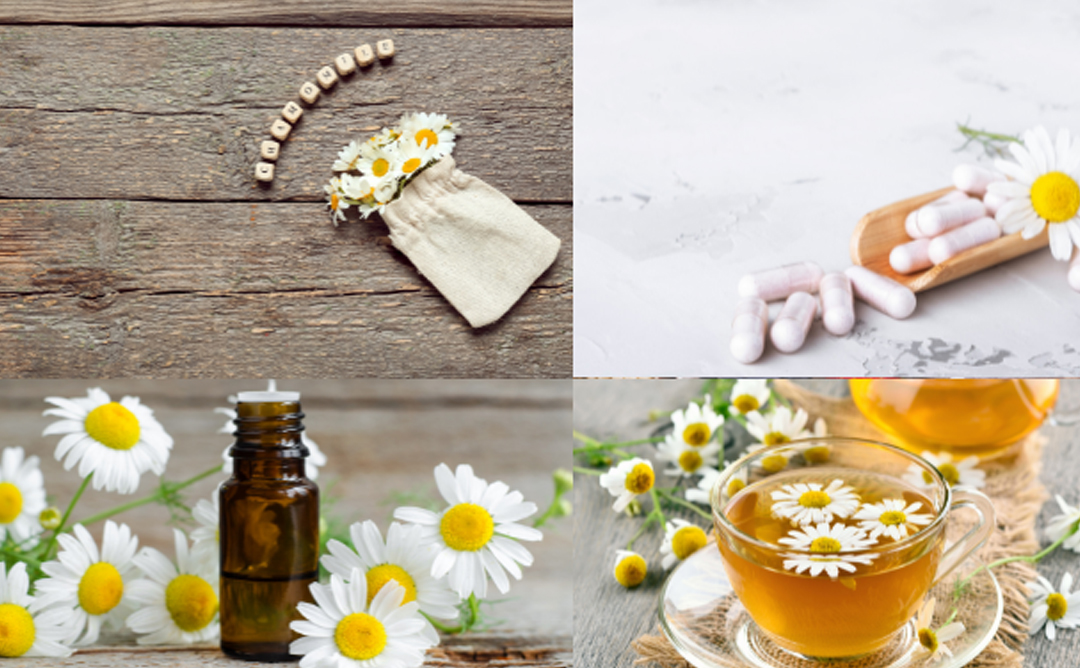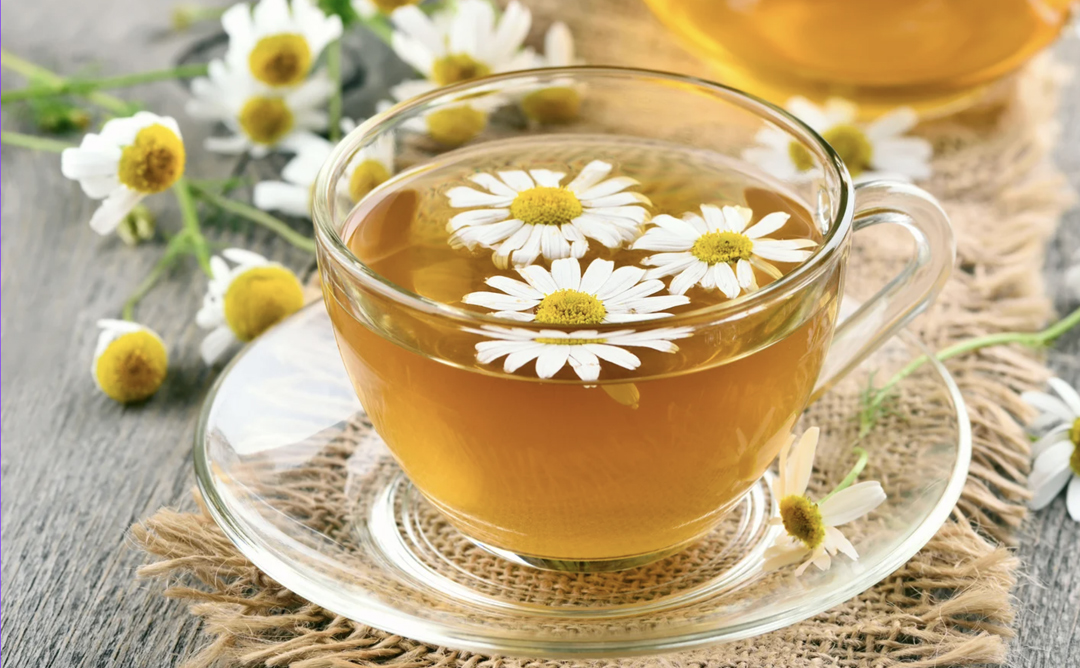
Soothing the Mind Naturally With Chamomile

Soothing the Mind Naturally With Chamomile – A Gentle Alternative to Pharmaceuticals for Anxiety
It’s been a long day. We’ve all had them. For me, some days I find myself amidst a lively group of seventh graders, their exuberance and energy creating a spirited atmosphere. It makes me question the fullness of the moon that night. In the fast-paced and often stressful world we live in, anxiety has become a prevalent issue for many. I know I battle with it daily! While pharmaceuticals are commonly prescribed to manage anxiety (and I’ve used many), I have explored natural alternatives that offer relief without the potential side effects. In this blog, we’ll explore Soothing the Mind Naturally With Chamomile and how it can serve as a gentle and effective remedy for anxiety.
1. A Time-Honored Tradition: Chamomile, derived from the Matricaria chamomilla plant, has been used for centuries in traditional medicine for its soothing properties. Known for its mild sedative effects, chamomile has been a popular choice for those seeking a natural approach to relaxation.
2. Calming the Nervous System: Chamomile contains compounds like apigenin, which interact with receptors in the brain, promoting relaxation and reducing anxiety. These effects are believed to be achieved by modulating neurotransmitters, making chamomile an appealing option for those looking to calm their nervous system naturally.
3. Sleep Aid: Anxiety often disrupts sleep, and chamomile can offer a dual benefit by promoting both relaxation and better sleep quality. A warm cup of chamomile tea before bedtime is a popular and gentle way to unwind, making it an attractive alternative to sleep medications.
4. Non-Habit Forming: One of the concerns with pharmaceuticals used to treat anxiety is the potential for dependency and withdrawal symptoms. Chamomile, on the other hand, is non-habit forming, providing a safe and sustainable option for long-term anxiety management.
5. Digestive Support: Interestingly, chamomile’s benefits extend beyond the mind, as it has been traditionally used to soothe digestive issues. Since there is a strong connection between the gut and the brain, addressing digestive discomfort with chamomile may indirectly contribute to a sense of overall well-being and anxiety reduction.
6. Versatile Applications: Chamomile can be consumed in various forms, including tea, capsules, or as an essential oil for aromatherapy. This versatility allows individuals to choose the method that best suits their preferences and lifestyle, making it easy to incorporate chamomile into daily routines. Here’s a few that I know and love: Davidson’s Organics Chamomile Loose Leaf Tea, Revive Roman Chamomile Essenial Oil, Nutricost Chamomile 750mg Capsules
7. Consultation with Healthcare Professionals: While chamomile is generally considered safe for most people, it’s crucial to consult with healthcare professionals before making significant changes to an anxiety management plan. They can provide personalized advice based on individual health conditions and ensure that chamomile is a suitable option.
When it comes to anxiety medications, it’s important to note that they can be effective for many individuals, but like any pharmaceutical intervention, they may come with potential side effects. It’s crucial to consult with a healthcare professional before starting or discontinuing any medication. Here are some common side effects associated with certain anxiety medications:
1. Drowsiness and Fatigue: Many anxiety medications, especially benzodiazepines, can cause drowsiness and fatigue. This can impact daily activities and alertness.
2. Dizziness: Some individuals may experience dizziness or lightheadedness, particularly when standing up quickly. This side effect can increase the risk of falls.
3. Nausea and Upset Stomach: Gastrointestinal issues such as nausea, vomiting, or upset stomach are common side effects of certain anxiety medications.
4. Weight Changes: Weight gain or weight loss can be associated with some anxiety medications, affecting an individual’s body composition.
5. Sexual Dysfunction: Some medications used to treat anxiety may lead to sexual side effects, including changes in libido, difficulty achieving or maintaining an erection (in men), or difficulty achieving orgasm.
6. Memory and Concentration Issues: Certain medications, particularly benzodiazepines, may impact memory and concentration, leading to cognitive issues in some individuals.
7. Dry Mouth: Dry mouth is a common side effect that can occur with certain anxiety medications, affecting oral health and comfort.
8. Blurred Vision: Some individuals may experience blurred vision or difficulty focusing as a side effect of anxiety medications.
9. Withdrawal Symptoms: Abruptly stopping certain anxiety medications, especially benzodiazepines, can lead to withdrawal symptoms such as rebound anxiety, insomnia, irritability, and muscle aches.
10. Dependency and Tolerance: Long-term use of benzodiazepines can lead to tolerance and dependence, requiring higher doses for the same effect and making it challenging to stop the medication without withdrawal symptoms.
11. Increased Heart Rate: Some anxiety medications may cause an increase in heart rate, which can be problematic for individuals with pre-existing cardiovascular conditions.
12. Interaction with Other Medications: Anxiety medications may interact with other medications an individual is taking, leading to potential complications or reduced effectiveness.
In conclusion, chamomile’s centuries-old reputation as a calming herb makes it an attractive natural remedy for anxiety, offering a gentle alternative to pharmaceuticals. Soothing the Mind Naturally With Chamomile for anxiety management not only taps into the power of nature but also aligns with a holistic approach to well-being. I find sipping on a cup of hot chamomile tea in the evenings instantly melts away nervousness from the days hustle and bustle. Not to mention, I get an amazing nights sleep. As with any health-related decisions, it’s essential to seek professional advice to ensure that chamomile is a safe and effective choice for individual needs. I just know what works for me. Consider incorporating chamomile into your daily routine and embark on a soothing journey towards a calmer, more relaxed state of mind.
It’s crucial to communicate openly with healthcare professionals about any side effects experienced while taking anxiety medications. Additionally, exploring natural alternatives, such as lifestyle changes, therapy, and herbal remedies (like chamomile or lavender), may be considered as part of a holistic approach to anxiety management. If you have questions or are exploring natural solutions, please contact us! We would love to connect with you.
Always consult with a healthcare provider before making decisions about medication or incorporating new treatments.
Join Our Facebook Group
Disclaimer: We are an affiliate of many companies, which means that we may receive a commission if you click on our affiliate link and make a purchase. However, this does not affect our reviews and comparisons. We strive to provide honest opinions and recommendations based on our own experiences and research. Any product claim, statistic, quote, or other representation about a product or service should be verified with the manufacturer, provider, or party in question.

